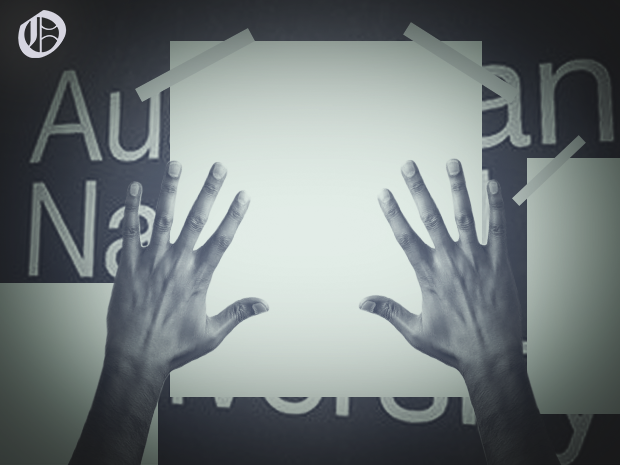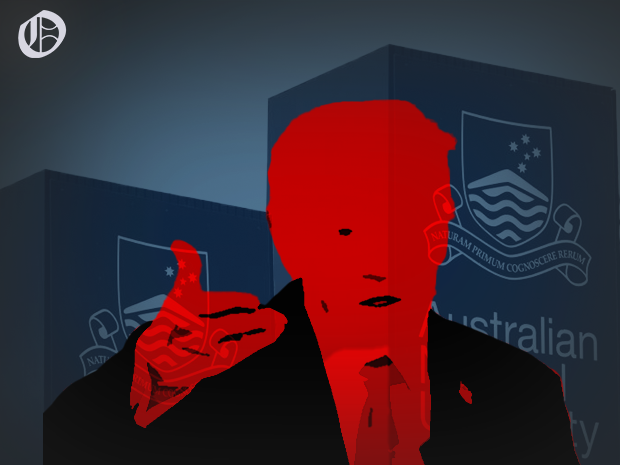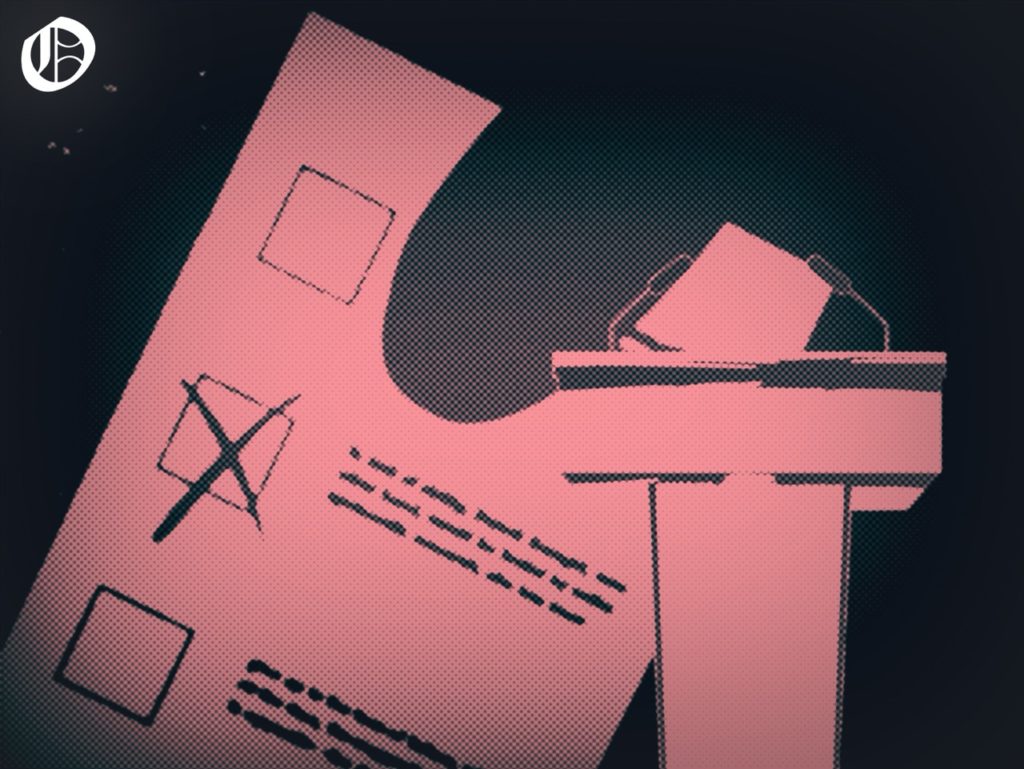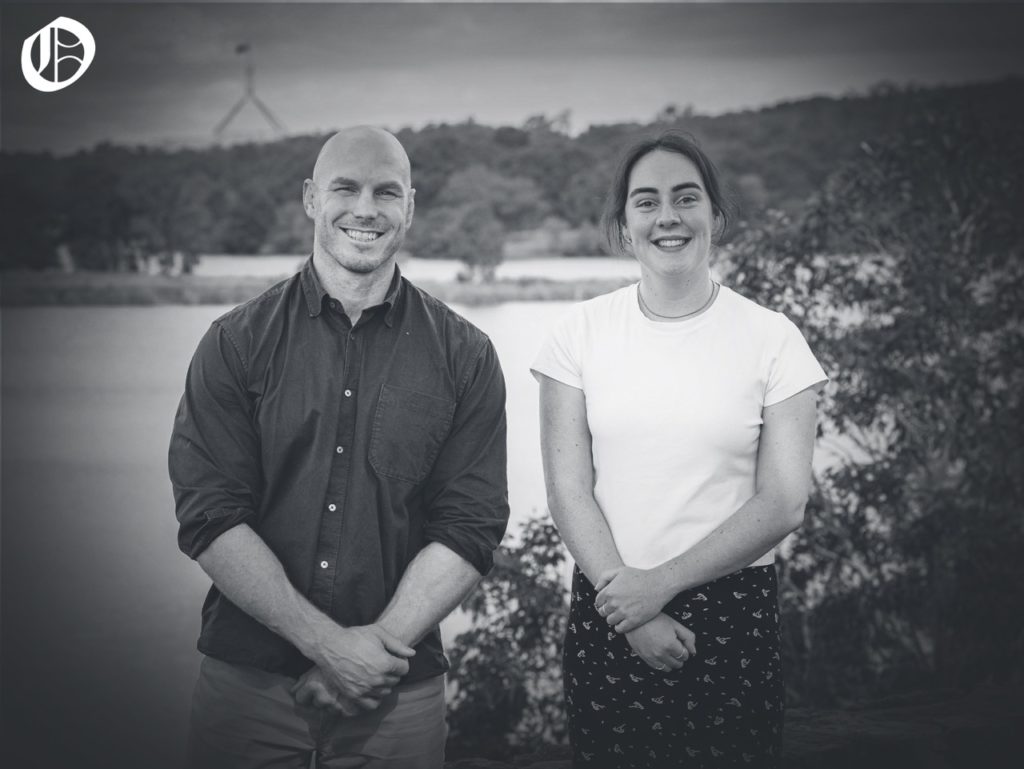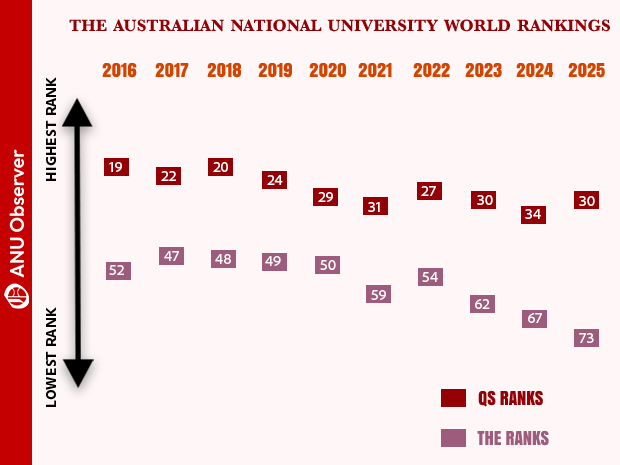“20 min glimpse into what BIPOC students experience everyday”: 2023 BIPOC Racism Report

By Angela Paulson
Content warning: racism, sexual assault, sexual harassment
Disclaimer: In line with the ANU BIPOC Department, the views held by the participants are their own and do not form the views of ANU Observer.
“Someone posed a question like ‘Do you see yourself in this institution? No I don’t… I’ve never seen any sort of BIPOC representation [here],” said Selena Wania, BIPOC Officer for 2024, within the 2023 Racism Report.
On Tuesday 31 July 2024, the ANU BIPOC Department presented its third annual Racism Report at the Marie Reay Superfloor – and for the first time in the format of a documentary.
It is a “20 minute glimpse into what BIPOC students experience every day,” explained Wania on the night.
“Traditionally, our reports are presented in written form where audiences read. This time we want our audience to see. See the faces, hear the voices, and feel the emotions of those impacted by racism at the ANU.”
“Through a documentary, we hope to ensure that the lived experience of BIPOC students aren’t obscured by a block of text or statistics,” Wania told Observer.
The first Racism Report was published by the ANU BIPOC Department in 2021 under BIPOC Officer Chido Nyakuengama. The report identified 73 incidents of racism at ANU, outlining recommendations to rectify them.
ANU responded to this Report a ‘gruelling 11 months later’.
“I didn’t receive a single acknowledgement… so I hadn’t known it was read,” stated Nyakuengama in the 2023 Report.
The second Report was released in 2022 by Chanel Nguyen, revealing that only 1 of the 14 recommendations given to ANU had been implemented.
Following the 2021 and 2022 Racism Reports, an Anti-Racism Taskforce was commissioned by the University under the IDEA Governance Committee (IGC) to “provide recommendations for future actions to be taken by the University in relation to the prevention and response to racism.” The Taskforce was dissolved shortly in May 2023, with an ANU Spokesperson stating that “the Taskforce was no longer required”.
After this action, Wania confirmed to Observer that “there has been no communication from the university to me regarding next steps.”
“Last year’s Officer participated in the Taskforce. After asking her, she voiced that the dissolution was not communicated properly to her at all during her term and that it was very ambiguous as to what was going to happen next.”
“The findings of the Taskforce were nothing substantially different to what BIPOC advocates have been saying for years. While it produced recommendations, students have seen limited progress in the implementation of them,” stated Wania.
The 2023 documentary featured interviews from BIPOC students around ANU, from past BIPOC Indigenous officers to BIPOC SRs on campus, asking them to reflect on their personal experiences with racism around ANU.
When asked about their experiences of being a person of colour at the university, students expressed that ANU was not the “melting pot of people from different places” that it had promoted itself to be on Open Day.
“[It’s] a little bit isolating… when I go to a class, I’m usually not only the only black person… but the only black woman,” described Aamarah Walcott, BIPOC Committee rep at an ANU Residential Hall.
“Isolation, loneliness and a sense of being misunderstood,” added Aletana Ajulo, BASC President for 2022.
The Report also touched on how certain courses and degrees can be “heavily racially charged.”
“[For] a lot of the niche-er arts degrees… I think you can’t really get through any course [without some sort of devil’s advocacy,” described Avan Daruwalla, Women’s Officer for 2021-22.
Students highlighted that they would find that they had to ‘brace themselves’ before they walked into a classroom for racist comments. “I [would] walk out angry at the tutor… for not calling out someone’s behaviour,” added Wania, within the Report.
When cultural questions and topics would come up within the classroom, many BIPOC students often found that the “attention drifted to them” often as an implication to provide answers based on their personal experiences and cultural backgrounds. Students highlighted that this would detrimentally affect their educational experiences as the burden to educate their peers is placed on them. Additionally, the Report also noted that students have had positive in-classroom experiences when taught by BIPOC teachers.
Faith Stevens, Indigenous Officer 2024, mentioned that in some classes, there were no warnings given to Indigenous students before being shown a potentially deceased person. They said that this created a “crossroad”, where an Indigenous student may have to view something culturally insensitive as a part of their course and their degree, in order to “pass the class.”
In addition, Indigenous students also highlighted that they are often the only person from their community or hometown.
“I didn’t really see many other students who looked a lot like me, and it put me in a situation where [I] felt too black to be here,” added Stevens.
‘‘If we’re all in a race..there’s people starting at different points… and scholarships that allow Indigenous students to be brought closer to those other students who haven’t had those setbacks… are a way for us to come to university, and close the gap” said Aleisha Knack, Indigenous Officer 2023.
“[It’s] very frustrating and demeaning when people say we don’t deserve it … [that we’re] just given all these handouts.”
The Tjabal Higher Eduction Centre was noted as being a support to Indigenous students, often helping with homesickness and being away from community.
When asked about the experiences of BIPOC students in residential halls on campus, students noted that there was always a heavy pressure to fit in. ‘Fitting in’ within residential halls was defined within the Report as having to subscribe to a “very white norm”.
Alexia Pane, a BIPOC Committee representative at an ANU Residential Hall, described that there would often be a “split in the kitchen, one side is mostly white students, the other side is non-white students.” BIPOC SRs were also often left with a heavier burden for disclosures, especially regarding incidents relating to racial violence.
International students in particular experienced “heavy microaggressions” within the community, added Daruwalla.
“[When] a group of 12 white men [are] hanging out… no one blinks an eye but if multiple international students of the same ethnicity hang out, everyone’s like they’re being ‘anti-social’ they’re not willing to… meet new people.”
The 2023 Report published by the ANU BIPOC Department recommended the following changes, in alignment with the Anti-Racism Taskforce Report.
- Hire a BIPOC Anti-Racism specialist
- Develop and implement cultural awareness training
- Embed decolonising perspectives and knowledge systems into curricula and curriculum
- Develop and implement cultural awareness training for students and prioritise BIPOC cultural events
- Cultural awareness, prevention and incident management training targeted towards key positions within residences
The 2023 ANU BIPOC Department Racism Report was created by Paria Najafzadeh, Maitrey Khobragade, Selena Wania, and Shé Chani. The full recommendations and issues can be viewed in the 2023 Report.
The full Report can be accessed here.
Graphics by: Annisa Zatalini
_________________________________________________________________________________________________________
Know something we don’t know? Email [email protected] or use our anonymous tip submission.
If you have an issue with this article, or a correction to make, you can contact us at [email protected], submit a formal dispute, or angry react the Facebook post.Want to get involved? You can write articles, photograph, livestream or do web support. We’re also looking for someone to yell “extra!” outside Davey Lodge at 1AM. Apply today!




